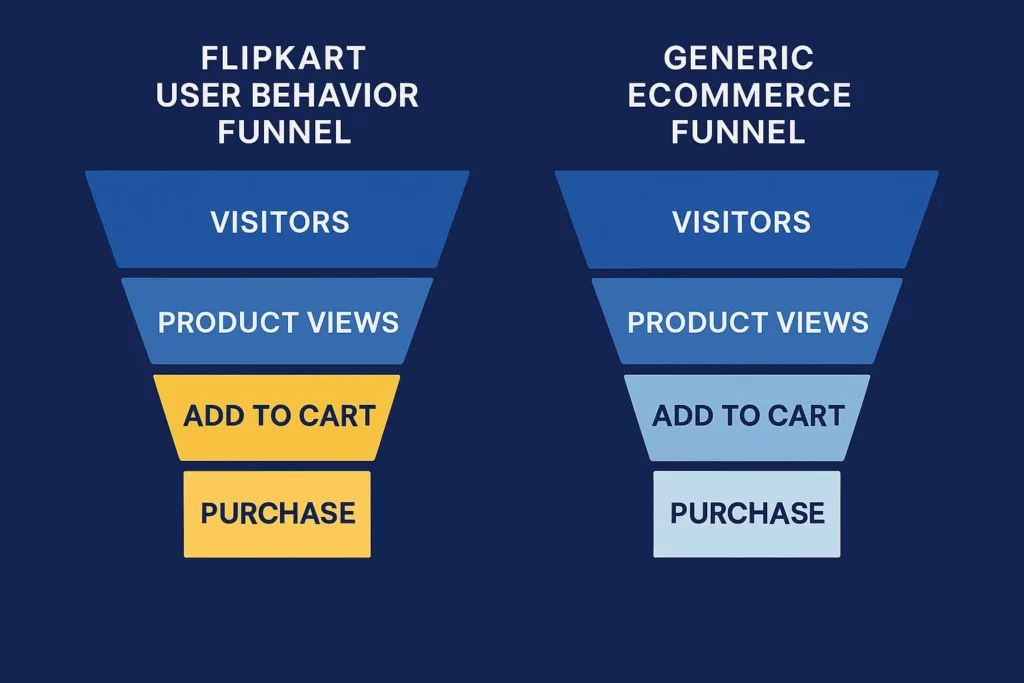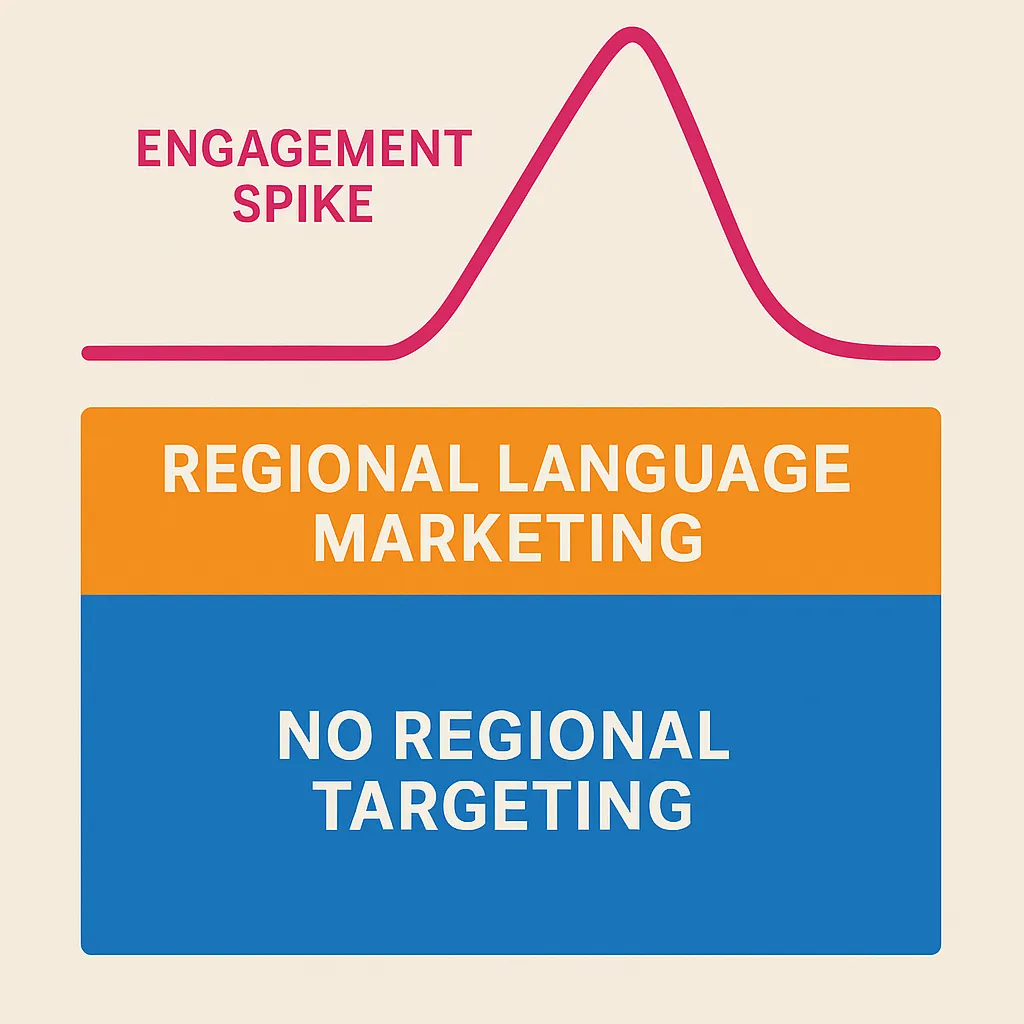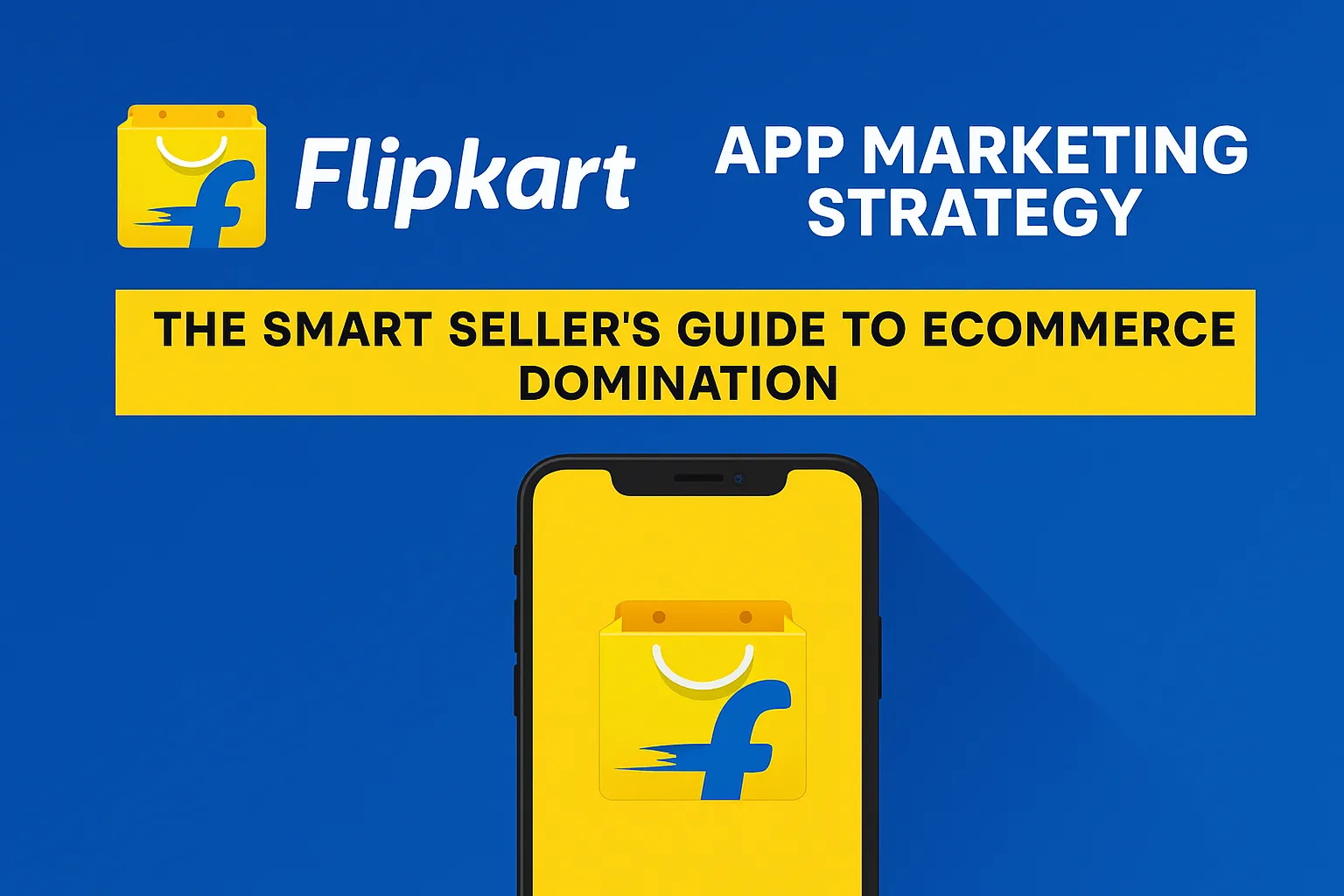Ever tried selling online and wondered how apps like Flipkart pull off explosive growth? While you’re busy juggling product uploads and chasing your first 50 customers, Flipkart is out here dishing 1-click checkouts, festive flash sales, and “Only 2 Left” FOMO campaigns like it’s child’s play. The truth? Their success isn’t accidental—it’s a marketing masterclass.
In India’s buzzing digital bazaar, Flipkart isn’t just another eCommerce app. It’s the standard. From Big Billion Day to personalized push alerts, they’ve crafted a playbook that’s part behavioral psychology, part algorithmic wizardry. And guess what? With the right strategy, you can steal a few pages for your own app too.
So whether you’re building a Flipkart clone or just tired of chasing cart abandoners, this guide is your behind-the-scenes pass. And if you’re looking to launch your app with performance baked in, Miracuves has your back.

Why Flipkart’s Marketing Hits Different
Not Just Traffic—Intent-Driven Users
Flipkart doesn’t attract window shoppers. It lures buyers. Thanks to its finely tuned segmentation and location-based deals, users logging in are already halfway through the purchase funnel.
Hyperlocal Personalization
Ever noticed how Flipkart knows your city, preferred brands, and even what time you shop? It’s not stalking—it’s smart data usage. For app developers, this means implementing:
- Real-time geo-filters
- Dynamic product recommendations
- AI-backed price drop alerts
Festival Campaigns = Conversion Machines
Flipkart doesn’t just ride seasonal waves—it builds them. From Big Billion Days to regional language ads, it crafts urgency like a pro.
Core Features That Make Flipkart Tick
Seamless UX That Converts
Think smooth search bars, sticky “Add to Cart” buttons, and intuitive navigation. Flipkart’s UX isn’t just pretty—it’s primed for action.
Gamification That Works
Scratch cards. Supercoins. Spin the wheel. These aren’t just gimmicks—they’re retention magnets.
Gamification boosts:
- Daily logins
- Session time
- Repeat purchases
Payment Flexibility
Flipkart understands Indian wallets. EMI options, UPI integration, COD (cash on delivery), and no-cost EMI—variety = trust = conversions.
The Flipkart App Marketing Strategy (Deconstructed)
Step 1: Pre-Launch Hype = Early Momentum
Before your app even launches:
- Create an invite-only waitlist
- Run giveaways for beta testers
- Offer launch-day coupons for top signups
Example: Flipkart offered early bird access to Big Billion Day deals—building both exclusivity and urgency.
Step 2: Laser-Sharp User Acquisition
Don’t spray and pray. Instead:
- Use Facebook Lookalike Audiences based on early adopters
- Collaborate with micro-influencers in niche retail categories
- Run search ads targeting product categories, not your brand
Step 3: Push Notifications That Drive Action
Flipkart sends:
- “Price drop on your wishlist item!”
- “2 hours left on your cart deal!”
Craft notifications that:
- Are personalized
- Offer clear benefit
- Create urgency without being spammy
Step 4: Retargeting, Not Nagging
Abandoned carts aren’t dead leads—they’re hot leads. Set up:
- Cart reminder ads on Instagram
- Email nudges with limited-time coupons
- SMS with product reviews or FOMO triggers
According to Statista, 45% of abandoned carts are recovered via multi-platform retargeting.
Step 5: Big Sale Days = Brand Builder Moments
Flipkart doesn’t just do sales—it does events:
- Partner with brands for exclusives
- Offer time-based lightning deals
- Build “wishlist now, buy later” journeys weeks ahead
Analytics That Drive Decisions
Track beyond installs:
- AOV (Average Order Value)
- ROAS (Return on Ad Spend)
- Funnel leakages (especially category > cart)
Tools to plug in:
Scaling: Go Regional, Go Viral
Language = Trust
Flipkart supports 11+ Indian languages. You should too. Bonus? Regional creators are engagement goldmines for influencer collabs.
WhatsApp Commerce = Silent Goldmine
Integrate:
- Order updates
- Cart reminders
- One-click reorder options via WhatsApp
It’s what Flipkart isn’t doing enough of—yet.
Learn more about How to Build your own Flipkart App.

Conclusion
To compete in the ecommerce wars, you don’t need a billion-dollar ad budget. You need a Flipkart-inspired marketing strategy: precise targeting, real-time nudges, regional content, and retention hooks built into your product DNA.
At Miracuves, we help innovators launch high-performance app clones that are fast, scalable, and monetization-ready. Ready to turn your idea into reality? Let’s build together.
FAQs
How do I promote a Flipkart-style ecommerce app on a small budget?
Start with referral programs, regional influencer collabs, and retargeting abandoned carts. Cheap doesn’t mean ineffective.
What makes Flipkart’s strategy different from Amazon’s?
Flipkart leans heavily on regional language content, gamification, and India-specific payment methods—Amazon plays more global.
Should I add gamification to my ecommerce app?
Absolutely. Even simple elements like daily rewards or points-for-purchase drive retention and repeat usage.
How important are push notifications?
Crucial. But they must be personalized, relevant, and time-sensitive—not annoying spam blasts.
Can I market a Flipkart clone without a big team?
Yes. Focus on one platform (e.g., Instagram or WhatsApp), use automation tools, and hire freelancers for campaign bursts.
How soon should I start marketing?
Start pre-launch. Build a waitlist, drop sneak peeks, and create buzz even before the first user downloads.








